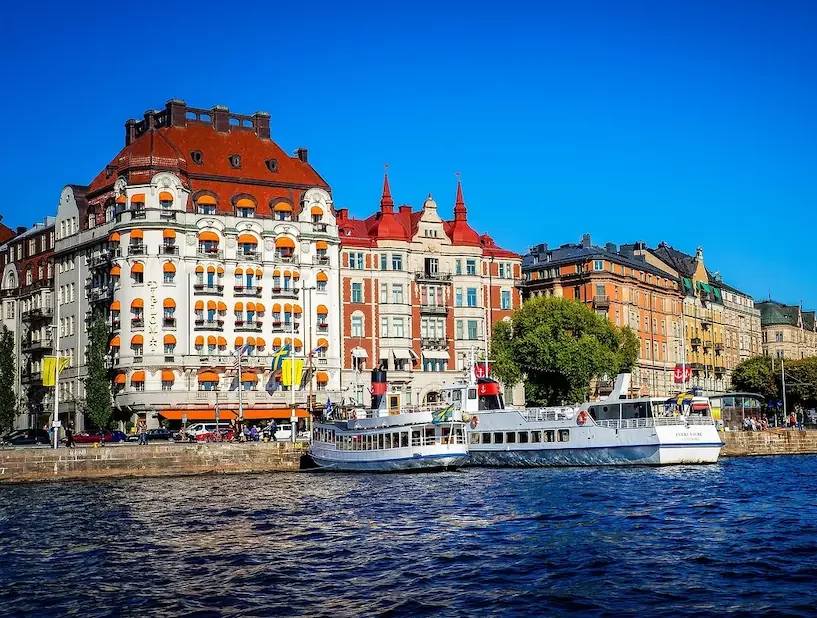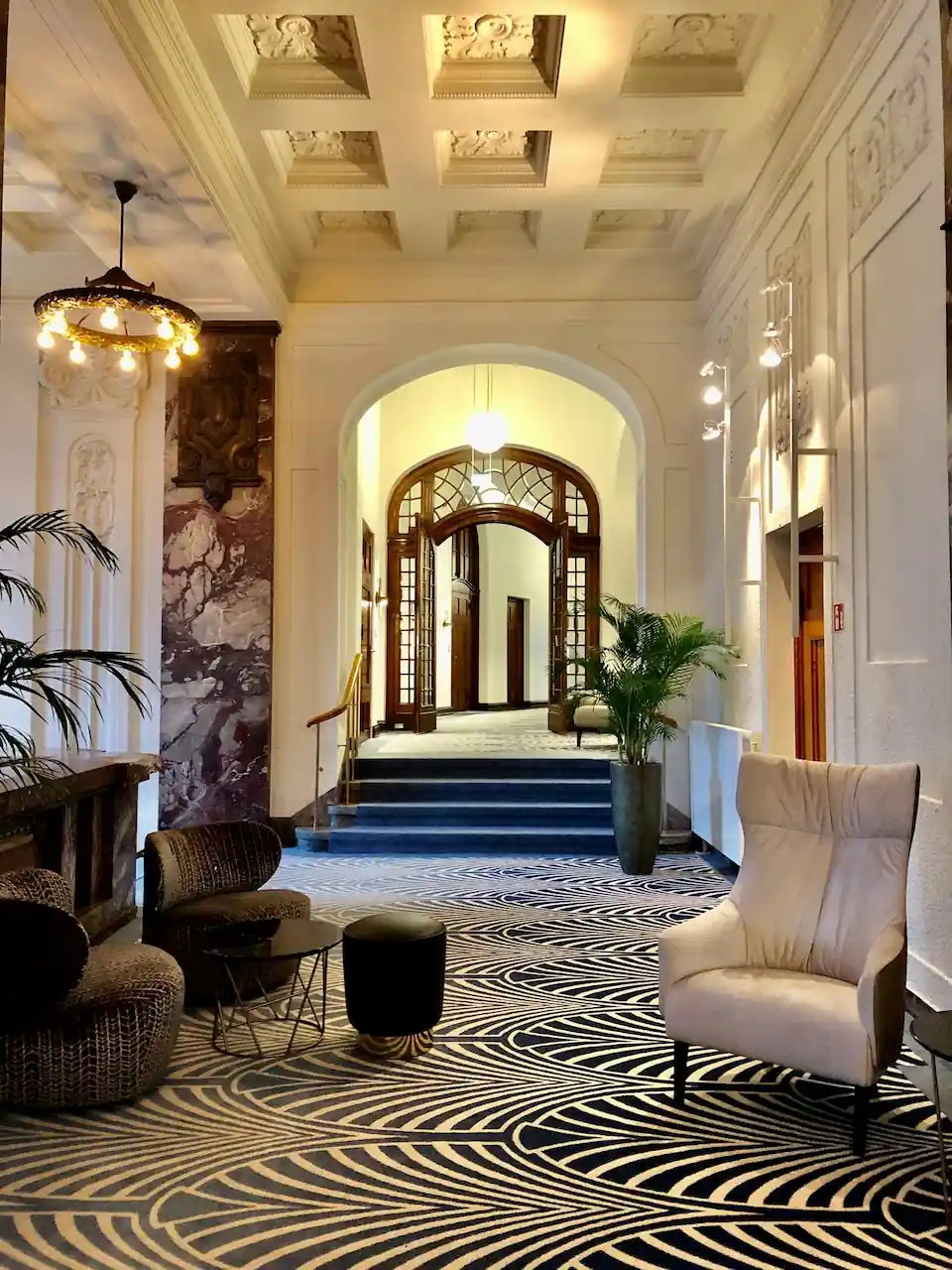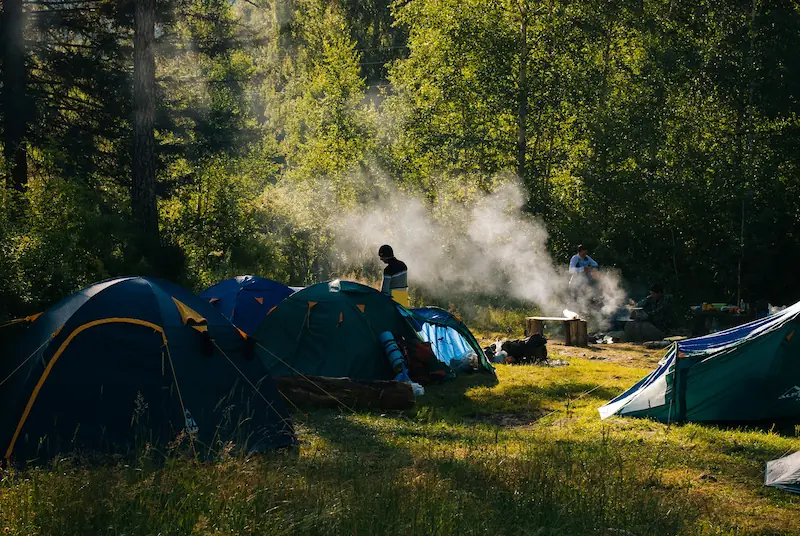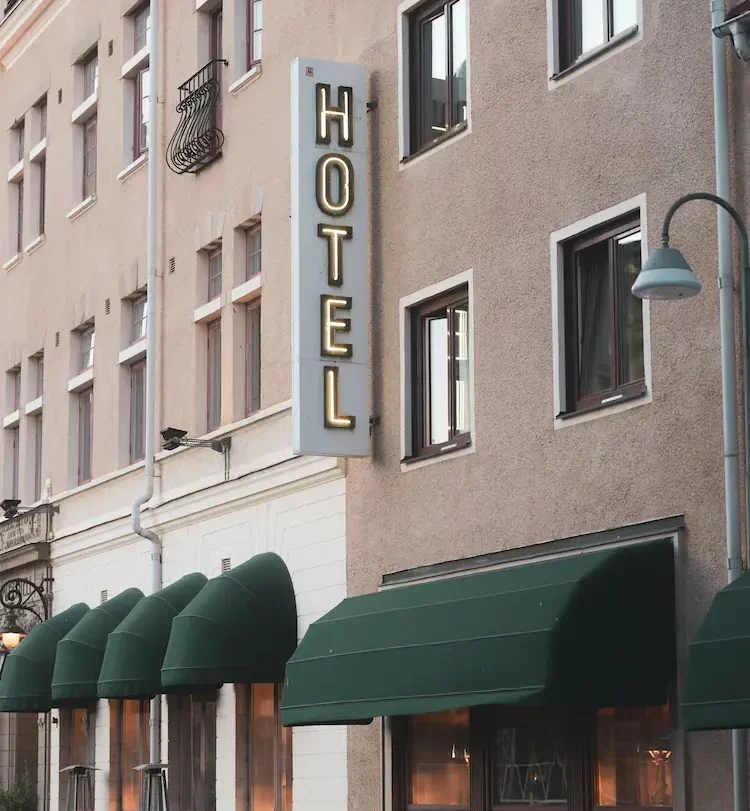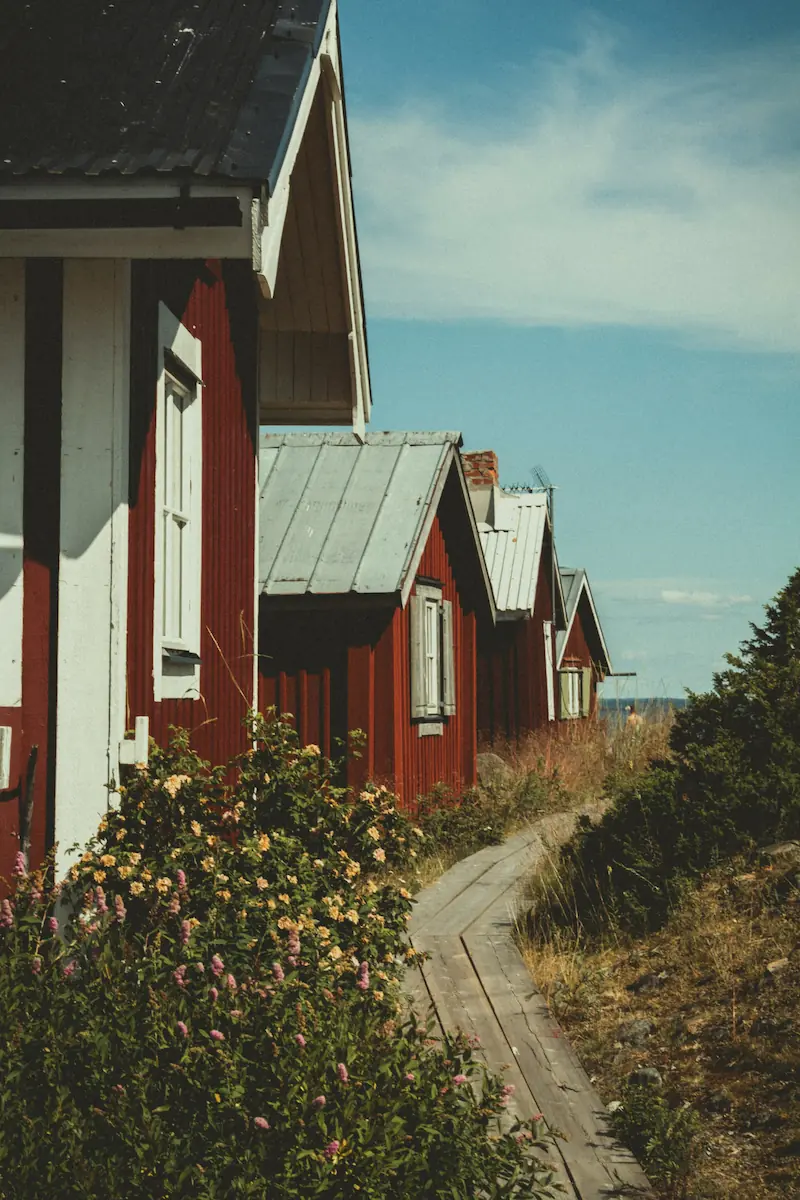Introduction
The Swedish hotel market has recovered at varying paces since the pandemic, with clear differences between urban and rural areas. While cities have seen more cautious growth, they are positively influenced by increasing Nordic tourism, particularly from Denmark. Rural areas, on the other hand, are thriving due to continued strong interest in domestic travel. The statistics in this article are sourced from Visita’s reports on Swedish hospitality.
Recovery in rural areas and cities: what the statistics reveal
During the first part of 2024, the demand for hotel rooms in Swedish cities remained at the same level as the previous year, while rural areas saw more significant growth. This increase in rural areas can be traced back to the pandemic, when many Swedes began choosing domestic destinations over international travel. For cities, it is primarily business travel that has not recovered to previous levels, causing stagnation and even slight declines in occupancy rates. Meanwhile, rural hotels continue to see high demand, partly thanks to a steady flow of leisure travelers. This development highlights rural areas as a consistently attractive option. Understanding these regional differences can help hotels tailor their strategies to various target groups and seasons, which is becoming increasingly important in a shifting market.
How cities are affected by declining business travel
Despite increased interest from Nordic tourists, business travel has yet to return to pre-pandemic levels in Swedish cities. Business travel, which previously constituted a significant portion of hotel occupancy, has declined by 9% compared to 2019. With fewer business travelers, weekday demand—one of hotels’ largest revenue-generating segments—has also dropped. This is partly due to the integration of remote meetings into daily business practices, which is expected to further affect demand in the long term. Statistics show that city hotels are largely disadvantaged by the slow recovery in business travel, although increased leisure travel on weekends provides some relief.
Rural areas: a consistently attractive destination
Rural destinations remain popular, with demand for hotel rooms now 10% above 2019 levels. The Swedish “staycation” trend, which emerged during the pandemic, has taken root, making rural hotels and accommodations attractive destinations for leisure travelers. Mountain regions, in particular, are a major draw, with the winter season playing a critical role in hotel occupancy. Despite the strong recovery in rural areas, some destinations face high competition from new accommodation options such as cabin villages and private rentals, driven in part by Airbnb’s significant growth. This trend underscores the stable interest in local destinations, and it is likely that rural areas will continue to play a central role in Swedish tourism.
How the exchange rate affects tourism
The weak Swedish krona has made Sweden a more attractive destination for foreign tourists, particularly from Denmark. In Malmö, overnight stays by Danish visitors increased by 57% compared to 2019, and other cities have also seen a rise in Nordic guests. Beyond Denmark, other European markets have contributed to the growth, although neighboring countries have shown the strongest interest due to the favorable exchange rate. However, Asian visitors have not returned in the same numbers as before, making marketing and offers tailored to neighboring countries crucial for maintaining and increasing occupancy.
Adjusting offers and pricing with data-driven insights
In a dynamic market where demand shifts between regions and seasons, it is increasingly important for hotels to adjust their offers to meet customer needs. For instance, cities have seen an influx of leisure travelers from nearby countries, especially on weekends, while rural areas benefit from domestic leisure travelers. By analyzing booking patterns and regional demand, hotels can make strategic price adjustments and marketing efforts to maximize revenue. This type of insight-driven work provides greater opportunities to respond to market changes and maintain profitability, even in challenging times.
Summary: a market in transition
The Swedish hotel market is constantly evolving, with changes affecting urban and rural hotel operations differently. While cities struggle to recover business travel and strengthen the leisure segment, rural areas flourish due to increasing interest in domestic tourism. The weak Swedish krona also attracts more visitors from neighboring countries, making flexibility and quick adjustments critical. Having a comprehensive solution that supports all aspects of operations, from booking to customer communication, gives hotels the strength they need to quickly respond to these changes.
Our platform is designed to manage the complexity of the hospitality industry in a simple way, with all functions integrated into one system. Whether you run a boutique hotel in the countryside or a larger facility in an urban environment, you can optimize capacity, pricing, and automate customer communication. With scalable solutions and access to real-time data, you can tailor your offerings to seasonal variations and demand patterns, maximizing profitability without compromising the guest experience.
As the hospitality industry becomes increasingly complex and the need for flexibility grows, we provide the reliability and efficiency you need. Modular Visit gives you more than a tool—we provide a partner for success in a changing market.


